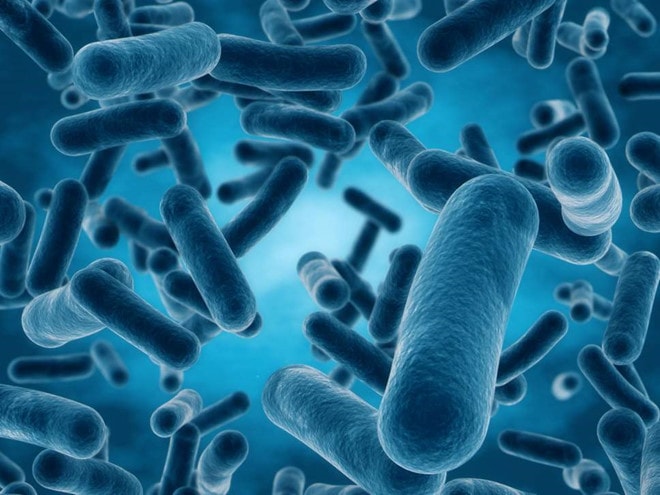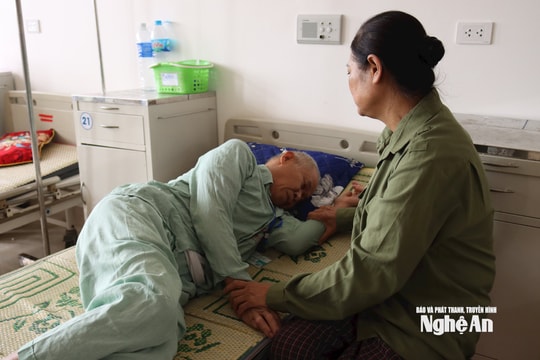Good news for terminal cancer patients
Recent research from the University of Texas, USA, shows the effectiveness of a type of necrotizing bacteria in destroying late-stage drug-resistant tumors without causing infection.
At the International Cancer Immunotherapy Conference held in New York, USA, scientists from the University of Texas proposed a cancer treatment that can be safe without causing infection or gas gangrene for patients with drug-resistant cancer in the late stage.
The report suggests that scientists will inject a type of gangrene-causing bacteria, called C. novyi-NT (Clostridium novyi-NT), into patients who have failed all other treatments.
The potentially deadly bacteria were modified by researchers to be less harmful before being injected into the tumours. They need a very low oxygen environment (like that found in tumours) to survive, which means they won’t grow and harm healthy tissue in the body.
|
| C. novyi-NT bacteria exploit the inherent differences between healthy tissue and cancer cells, thereby becoming a very effective anti-cancer agent. Photo:Telegraph. |
Of the 24 patients injected with the bacteria, 15 had sarcoma, 7 had carcinoma, and 2 had melanoma, all of which had solid tumors resistant to treatment.
In the trials, doses ranged from 10,000 to 3 million bacterial spores. The one million spores dose worked best for patients. Two patients who received the largest dose developed severe infections and gas gangrene.
In these patients, tumors rapidly necrosed and shrank when the bacteria were injected. Results showed that tumor size decreased by more than 10% in 22 patients.
"By exploiting inherent differences between healthy and cancerous tissues, C. novyi-NT is a very effective anti-cancer therapy that can specifically attack cancer cells," said Dr. Filip Janku of the University of Texas MD Anderson Cancer Center.
In their trials, Dr. Janku and his colleagues were primarily interested in finding out what dose could be safely administered to patients. Even when the spores did not grow, due to oxygen levels or other conditions, the presence of these bacterial spores helped trigger immune cells to wake up and attack the tumor.
“From these preliminary results, it appears that C. novyi-NT can trigger an immune response beyond tumor destruction,” Dr. Janku emphasized.
This bacteriostatic therapy is of great clinical significance, especially when combined with other suppressive approaches, for patients with limited treatment options.


.jpg)



.jpg)


